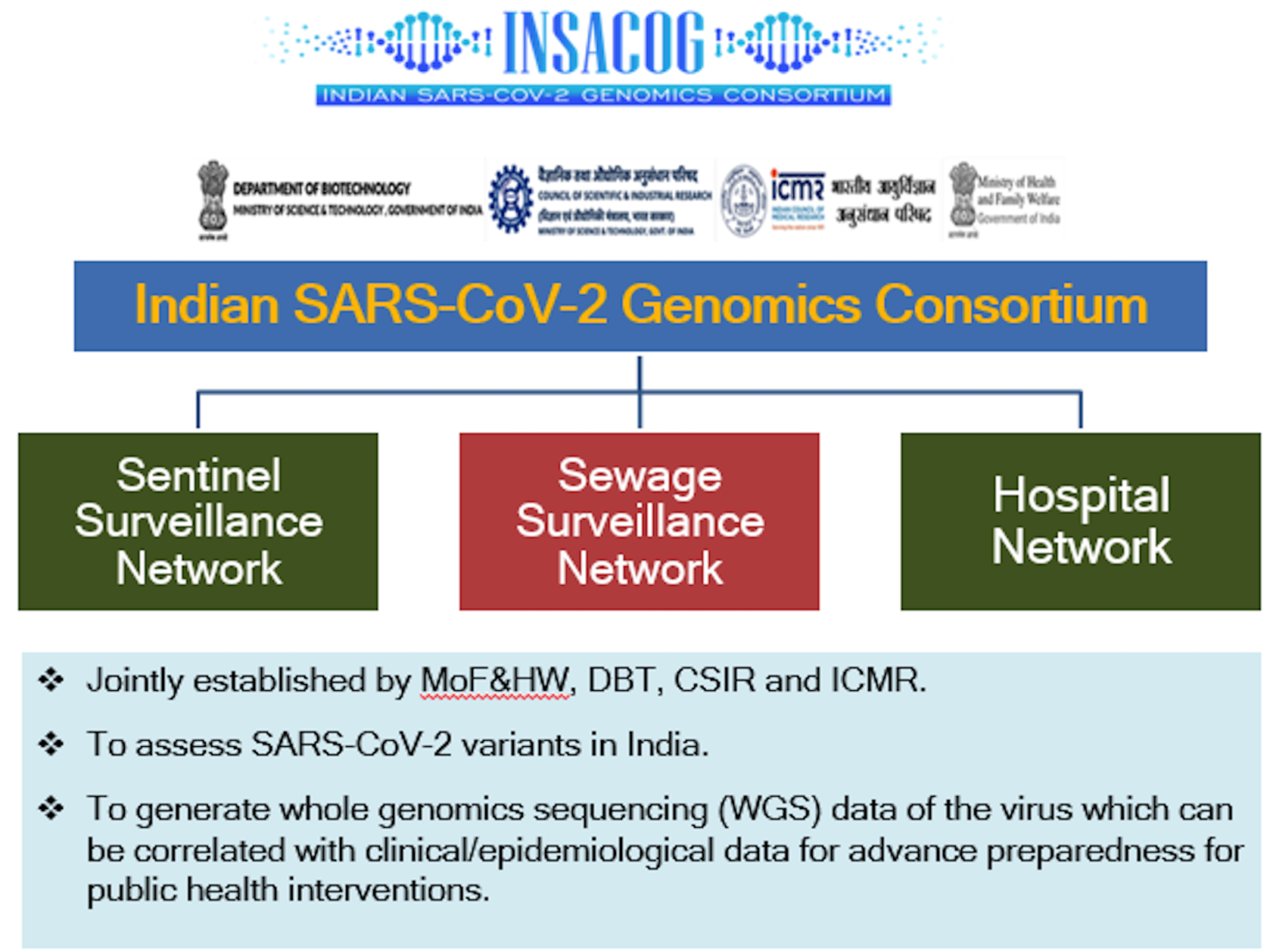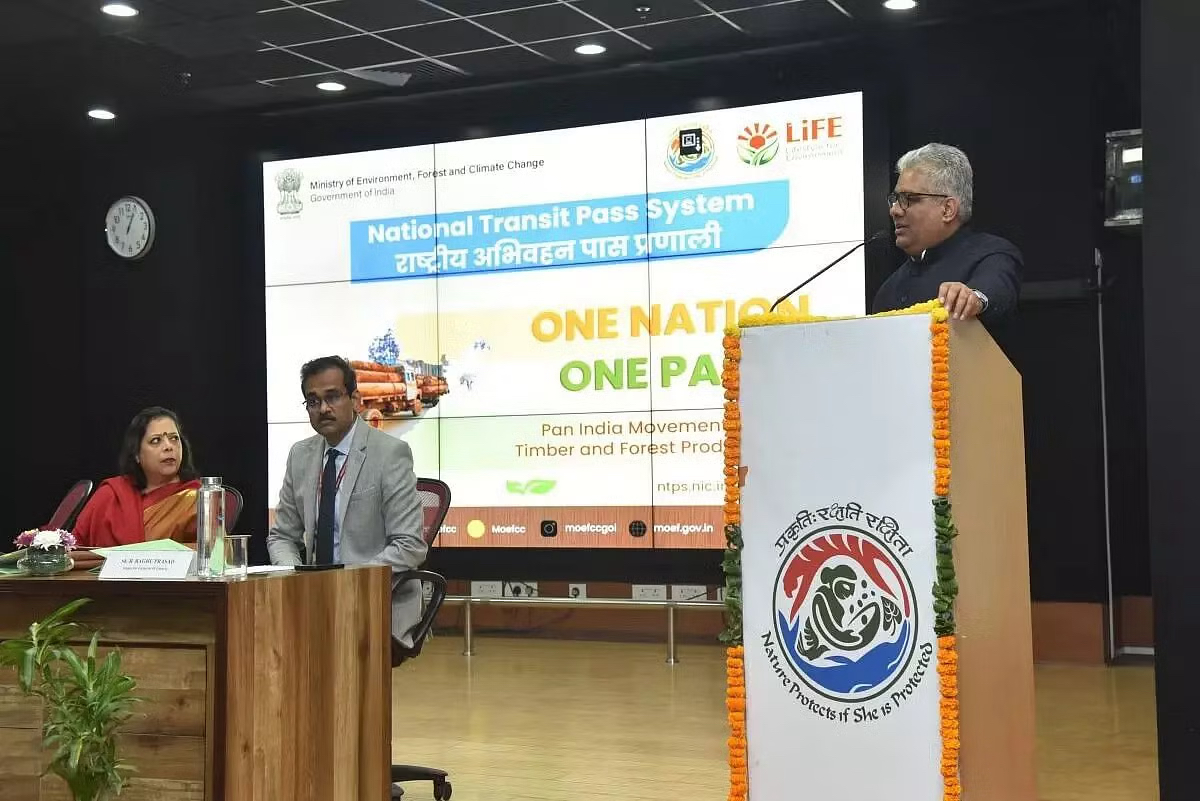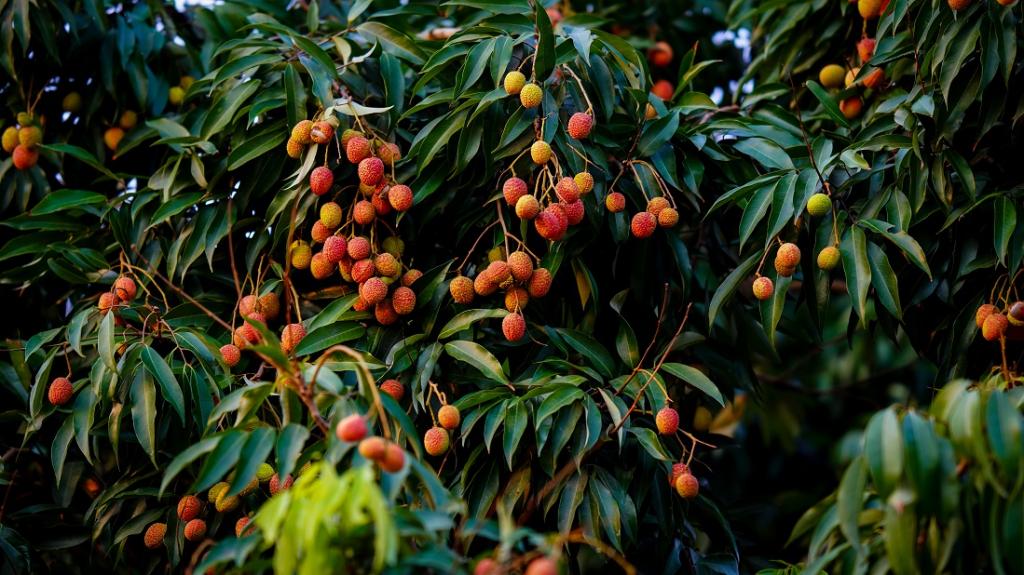Index of Eight Core Industries (ICI) increases by 7.8% (provisional) in Nov 2023 as compared to the Index of Nov 2022 (PIB)

- 30 Dec 2023
Why is it in the News?
The combined Index of Eight Core Industries (ICI) increased by 7.8 per cent (provisional) in November 2023 as compared to the Index of November 2022.
About the Index of Industrial Production (IIP):
- The IIP is a comprehensive index that assesses the growth rate of industry groups, categorized into:
- Broad sectors: Mining, Manufacturing, and Electricity.
- Use-based sectors: Basic Goods, Capital Goods, and Intermediate Goods.
- In India, the initiation of computing the IIP predates international recommendations. The Central Statistical Organization, now known as the National Statistics Office (NSO), assumed the responsibility for compilation and publication in 1951.
- The Ministry responsible for this process is the Ministry of Statistics and Programme Implementation.
Key Information:
- Base Year: The base year was changed to 2011-12 from 2004-05 in the year 2017.
- Sources of Data: The NSO compiles the IIP using secondary data from 14 source agencies across various Ministries/Departments and their attached/subordinate offices.
- The Department of Industrial Policy and Promotion (DIPP) contributes a significant portion of the data for the calculation.
- Utilization of IIP Data: The Industrial Production Index (IIP) is a valuable resource employed by several entities, including government bodies like the Ministry of Finance and the Reserve Bank of India (RBI), as well as private firms and analysts.
- It serves as a critical tool for analytical purposes.
- Additionally, the data is instrumental in computing the quarterly Gross Value Added (GVA) of the manufacturing sector within the Gross Domestic Product (GDP).
About the Index of Eight Core Sectors:
- The Index of Eight Core Industries (ICI) assesses the combined and individual production performance of eight vital industries.
- Together, these sectors account for 40.27% of the items measured in the Index of Industrial Production (IIP).
- Listed in descending order of their weightage, the eight core industries are:
- Refinery Products, Electricity, Steel, Coal, Crude Oil, Natural Gas, Cement, and Fertilizers.
162 cases of Covid sub-variant JN.1 detected in India; highest from Kerala, Gujarat: INSACOG (Live Mint)

- 30 Dec 2023
Why is it in the News?
India reported a total of 109 JN.1 COVID variant cases in the country as of December 26, Health Ministry sources recently said.
What is Indian SARS-CoV-2 Genomics Consortium (INSACOG)?
- Established in December 2020, INSACOG is a collaborative initiative involving the Union Ministry of Health, the Department of Biotechnology (DBT) under the Ministry of Science and Technology, the Council for Scientific & Industrial Research (CSIR), and the Indian Council of Medical Research (ICMR).
- The consortium's primary mission is to expand whole-genome sequencing of SARS-CoV-2, the coronavirus responsible for Covid-19, across India.
- This initiative aims to comprehend the virus's spread and evolution.
- INSACOG initially engaged 10 national research laboratories of the central government and has grown into a network of 38 labs, including private labs, following a hub-and-spoke model.
- The consortium's Genome Sequencing Laboratories guide new laboratories, working in tandem to monitor genomic variations through sentinel sequencing facilitated by the National Centre for Disease Control (NCDC) under the Integrated Disease Surveillance Programme (IDSP) of the central government.
- Beyond sequencing efforts, INSACOG endeavors to establish a systematic correlation between genome sequencing and clinical outcomes.
- It is actively building a nationwide hospital network to investigate clinical correlations in mild versus severe cases of Covid-19.
- Additionally, the consortium is conducting a longitudinal study to comprehend long-term post-Covid complications and changes in immunity.
- Looking ahead, INSACOG is exploring sewage surveillance as an early detection tool and assessing the spread of variants in hotspot localities.
Minister Bhupendra Yadav launches NTPS, a unified system for forest goods’ transport across India (Indian Express)

- 30 Dec 2023
Why is it in the News?
The central government on Friday launched the National Transit Pass System (NTPS) to facilitate seamless transit of forest goods across the country through a single permit.
About the National Transit Pass System (NTPS):
- The National Transit Pass System (NTPS) is established to facilitate the smooth transit of timber, bamboo, and other forest produce across the country.
- Currently, transit permits are issued based on state-specific rules, leading to a fragmented system.
- The NTPS aims to implement a "One Nation-One Pass" regime, ensuring seamless transit across the entire nation.
- This initiative streamlines the issuance of timber transit permits by providing a unified online platform for tree growers and farmers engaged in agroforestry, contributing to a more business-friendly environment.
Key Features of NTPS:
- Unified Online Platform: The NTPS offers a unified, online mode for obtaining timber transit permits, simplifying the process for tree growers and farmers involved in agroforestry nationwide.
- Record Management: It manages records for both inter-state and intra-state transportation of timber, bamboo, and other forest produce from various sources, including private lands, government-owned forests, and private depots.
- QR Coded Transit Permits: The system generates QR coded transit permits, enabling check gates across states to verify the permits' validity and ensure seamless transit.
- User-Friendly Applications: NTPS provides desktop and mobile applications for easy registration and permit applications, enhancing user convenience.
- Regulated Species and Exemptions: Transit permits are issued for regulated tree species, while users can self-generate No Objection Certificates for exempted species.
- State Participation: Presently, 25 States and Union Territories have adopted the unified permit system, simplifying interstate business operations for producers, farmers, and transporters.
- Nodal Ministry: The NTPS operates under the guidance of the Ministry of Environment, Forest and Climate Change.
Horticulture boost: Litchi cultivation has expanded to 19 Indian states, according to officials (DownToEarth)

- 30 Dec 2023
Why is it in the News?
Litchi which is synonymous with India's hot summers, is now under cultivation in 19 Indian states, extending beyond its traditional confinement to Muzaffarpur in Bihar.
About Litchi Cultivation:
- Litchi, a delicious and succulent fruit of superior quality, belongs to the Sapindaceae family from a botanical perspective.
- Its translucent and flavorful aril, or edible flesh, is widely enjoyed as a table fruit in India.
- Agro-climatic Requirements: Litchi is a sub-tropical fruit that thrives optimally in moist sub-tropical climates.
- Ideally cultivated at low elevations, it can be grown up to an altitude of 800 meters.
- The crop flourishes in deep, well-drained loamy soil rich in organic matter, with an ideal pH range of 5.0 to 7.0.
- Temperature: The crop's temperature tolerance ranges from avoiding extremes, not exceeding 40.5 degrees Celsius in summer and staying above freezing point in winter.
- Rainfall: Prolonged rainfall, especially during flowering, can be detrimental as it interferes with pollination.
- Young trees necessitate protection from frost and hot winds until firmly established, although some temperature variation is necessary for proper fruiting.
- Frost during winter and intense summer heat are limiting factors for successful cultivation.
- Traditionally, commercial cultivation in India was confined to the northern foothills of the Himalayas from Tripura to Jammu & Kashmir, and the plains of Uttar Pradesh and Madhya Pradesh.
- However, due to increasing demand and the crop's viability, commercial cultivation has expanded to various states such as Bihar, Jharkhand, Madhya Pradesh, Chhattisgarh, etc.
- India ranks second in the world in production of Litchi production after China.
- Other significant producers include Thailand, Australia, South Africa, Madagascar, and the US.
- Statewise, Bihar tops in Litchi production followed by West Bengal (12 % of the total) and Jharkhand (10 %).
About National Research Centre on Litchi (NRCL):
- The National Research Centre on Litchi (NRCL) serves as the leading national institute dedicated to research and development in the field of litchi.
- It plays a pivotal role in providing national leadership, serving as a repository for comprehensive information on litchi production, processing, value addition, and extending consultancy services to end-users.
MEA’s Flagship ‘Know India Programme’ for youth diaspora completes 20 years (MEA GOI)

- 30 Dec 2023
Why is it in the News?
The flagship programme of the Ministry of External Affairs (MEA) for the youth diaspora, the ‘Know India Programme’, has completed 20 years.
About the Know India Programme (KIP):
- The Know India Programme is a flagship initiative of the Ministry of External Affairs designed to enhance awareness about India, its cultural heritage, and art, and to familiarize participants with various aspects of contemporary India and their ancestral homeland.
- This program is open to Persons of Indian Origin (21-35 years) (excluding non-resident Indians) from all over the world, with a preference for youth from Girmitiya countries, such as those from Mauritius, Fiji, Suriname, Guyana, Trinidad & Tobago, South Africa, and Jamaica.
- The program has been in existence since its inception in 2003.
Features of Know India Programme (KIP):
- It is a 21 days’ programme (excluding international travel) during which the participant will visit Delhi, Agra and a select state in India alongwith visits to places of historical, cultural, and religious significance.
- KIP participants will also have a 2-day orientation programme in New Delhi.
- Participants will meet opinion makers, leaders, and officials to get an overview of India’s economy, society and ongoing growth and development story.
- Participants are provided local hospitality e.g. boarding and Internal transportation in India, return air tickets from their country of residence to India provided participants bear 10% of the cost of total air fare.
- Gratis visa shall be granted to participants by the Indian Missions/Posts abroad.
- Some of the key elements of the Programme include:
- Visits to places of historical and cultural importance;
- Familiarisation with Yoga, Ayurveda, and classical forms of Music and Dance;
- Visit to institutions of democracy and governance like Parliament of India, Election Commission of India, Rashtrapati Bhawan;
- Interaction with leading educational institutions;
- Exposure to flagship economic and development schemes like Digital India, StartUp India, and Make in India; and
- visits to industrial sites, public and private firms to highlight India’s strength in Manufacturing & Service sector.
Eligibility Criteria:
- Minimum qualification required for participating in KIP is graduation from a recognized University /Institute or enrolled for graduation and the ability to speak in English.
- The applicant should not have visited India through any previous Programme of Government of India.
- Those who have not visited India before will be given preference.
- Applicant must provide documentary evidence to prove Indian origin or an undertaking about Indian origin which must be countersigned by the Indian Embassy/High Commission/Consul General.
